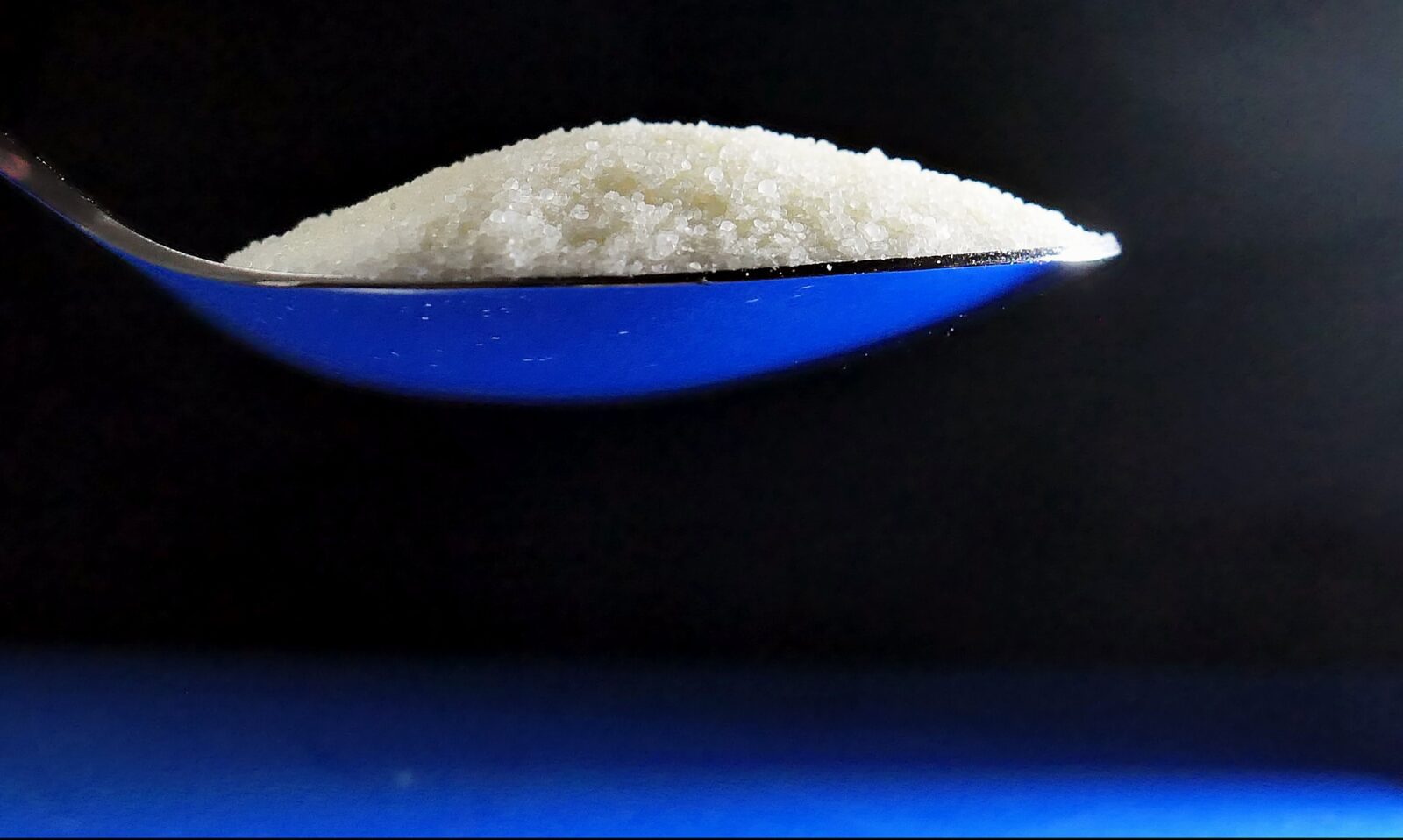A big new research has connected the “hidden” salt in certain forms of paracetamol to an elevated risk of heart problems and mortality.
People are more concerned than ever with the amount of salt in their meals as a result of safety reminders. However, people may be ignorant of the salt content of some medications they use. Salt is added to certain soluble paracetamol tablets to aid in the tablet’s breakdown in water. According to experts, some people might surpass their required daily salt intake just by taking a complete course of salt-containing paracetamol.
The scientists compared the results of persons who took sodium-containing soluble paracetamol, or effervescent paracetamol, to those who took salt-free paracetamol. Between 2000 and 2017, they followed 60 to 90-year-olds who had been administered either paracetamol containing salt or without it – in tablet, capsule, or oral suspension type.
The research, which was posted in the European Heart Journal, discovered that people who took paracetamol with salt had a greater risk of cardiovascular disease.
After a year, the scientists discovered that individuals with high blood pressure consuming sodium-containing paracetamol had a 5.6 percent chance of heart attack, stroke, or heart failure, compared to a 4.6 percent risk for those taking paracetamol with no sodium. After one year, individuals using paracetamol with salt had a 4.4 percent risk of cardiovascular illness, compared to 3.7 percent for those using paracetamol without salt. The mortality rate was also increased throughout the follow-up period for individuals taking paracetamol with salt.
One significant disadvantage of this research is that we do not have data on how much salt individuals were previously eating in their diets since this information was not recorded in the data analysis. This means we don’t know if there were any variations in salt intake across the groups that would have altered their risk of getting heart or circulation problems or dying.















Leave a Reply